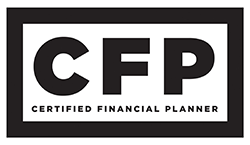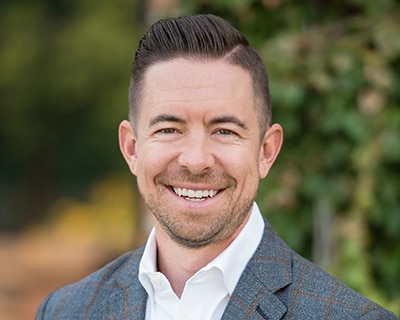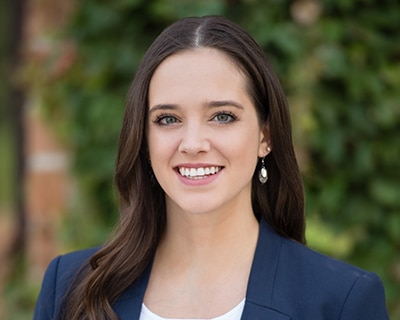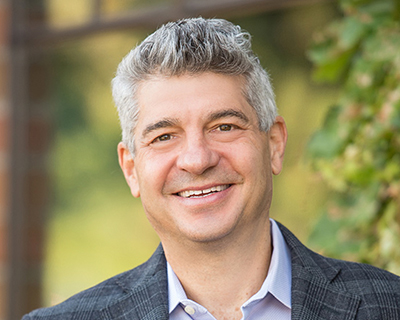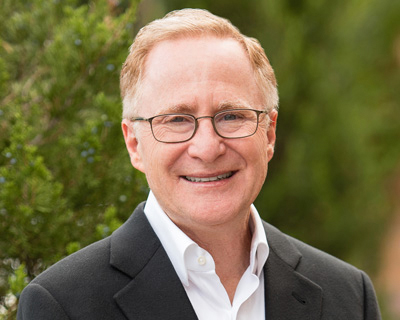Women have made enormous strides over the last half-century, but still lag behind men in key areas like pay, promotion, and education.
Gender Lens impact investing – that is, making investments that seek both financial returns and a positive effect on the status of women and non-binary people – is a potentially powerful approach to addressing this problem.
Table of Contents
Why Impact Investing with a Gender Lens is Important
The World Economic Forum estimates that women worldwide have achieved just 68% of parity across indicators including political representation/participation, economic inclusion, health and education–and the shortfall actually widened during the pandemic. If current trends continue, it will take 135 years to close the gender gap worldwide.
Gender Gap Impacts Global GDP
Women face particularly strong obstacles to full participation in the global economy. For instance, women now make up more than half (55%) of the world’s unbanked population. That means that almost 1 billion women have no safe place to store their money and have no access to financial products like insurance and loans.
In addition, there is a significant digital divide, which is increasingly relevant to success in today’s interconnected world. Men are more likely to have internet access than women, and women are 21% less likely to own a mobile phone than their male counterparts.
The gender gap hurts women, but it is also bad for society as a whole. The McKinsey Global Institute estimated that if women were able to participate equally with men in the world’s labor markets, global GDP would rise as much as $28 trillion or 26 percent in ten years.
Gender Inequities in the U.S. Economy
Gender equity is a global issue with the largest gaps in the world’s poorest countries. But even in the United States, women struggle to achieve parity.
According to an article from the Pew Research Center, women still earn about 16% less than men in the U.S., although this has improved from a 36% pay gap in 1980.
A 2021 report noted that while women are highly educated, earning 57% of all undergraduate degrees, 48% of law degrees, 47% of all medical degrees and 38% of all MBAs, they make up just 11% of senior executives at the world’s largest 500 companies.
If there’s one bright spot, it’s that more women sit on corporate boards than ever before, thanks in part to research from 2017 showing that companies with three or more female directors were 45% more profitable than their peers. The 2021 edition of an annual board study found that, for the first time, 30% of all S&P 500 company board directors were female, up from only 16% in 2011.
Inequality Widens During Pandemic
However, for rank and file workers the COVID-19 pandemic has been bleak. Women worked disproportionately in the sectors with the biggest job losses – retail, restaurants, education and hospitality – and struggled to take care of children and older relatives as the COVID crisis hit. McKinsey estimates that women were 1.8 times more likely to lose their jobs during the pandemic than men.
How to Make Gender Lens Impact Investments
If you’re concerned about gender equality, you may wonder how you can incorporate this theme into your impact investing strategy.
This approach is often referred to as gender lens investing.
What is Gender Lens Investing?
It can can take many different forms.
Some gender lens impact investments focus on women-owned or women-led companies or in businesses that promote workplace equity.
Others invest in companies that provide products or services that improve women’s lives.
Another approach is to loan funds to non-profits involved with functions such as education and microfinance that promote gender equality and empowerment.
One of the challenges of gender impact investing is how diverse it is. Different funds and managers have different philosophies about how to seek gender impact, and you’ll want to read their materials carefully to make sure their ideas align with yours.
Asset Classes for Gender Lens Investing
Like other forms of social impact investing, gender lens investing can also focus on different asset classes.
For instance, a micro-enterprise fund structured to provide small amounts of capital to women who want to start businesses might be structured as either a private debt or private equity vehicle.
Private Debt. The MicroVest Short Duration Fund, for example, provides financing to low-income financial institutions in emerging markets. These institutions, in turn, lend money to individuals and businesses in developing markets, where small and medium-sized businesses drive nearly 40% of GDP and 70% of new job creation.
Since its founding, MicroVest has disbursed over $1 billion in loans, helping build the infrastructure for economic growth in underserved and unserved communities.
A large percentage of these loans go directly to women or to women-owned and led businesses. The fund generates regular interest payments and is relatively uncorrelated to movements in the larger stock and bond markets. This may make it attractive to investors seeking a combination of income, diversification, and impact, but it is only available to large investors.
Some long-standing non-profits, such as Friendship Bridge and Calvert Impact Capital borrow money directly from investors to help finance their micro-finance, women’s empowerment, and other programs. These loans are typically available in much smaller amounts. The loans can be for varying periods of time and may offer either market-rate or below-market-rate yields.
Private Equity. For investors seeking higher returns – and who have longer time horizons – social impact gender lens investments might take the form of venture capital. These types of funds invest directly in women-owned start-ups which offer strong long-term growth potential.
For instance, the Plum Alley Venture Fund invests in companies led by female founders in science, technology, engineering, and mathematics.
Women-owned companies attracted just 2.3% of all venture capital funding in 2020, down from an already anemic 2.8% level in 2019, according to Crunchbase. Plum Alley’s fund aims to narrow this gender gap, while funding innovation in the environment, health, next-generation enterprise, and inclusive growth sectors.
Since 2015, Plum Alley has invested $35 million in 24 women-led businesses, including Einride, an electric and autonomous trucking company, Openwater, a developer of low-cost laser-based internal body imaging technology, and Mammoth Biosciences, the first CRISPR-based platform for disease detection in healthcare as well as across agriculture, manufacturing, forensics, and more.
Public Equity. And finally, for investors who want the convenience, diversification, and liquidity of a mutual fund, there are a number of options focused on gender equality.
Pax Ellevate Global Women’s Leadership Fund is one of the oldest and largest of these funds.
Beginning with a pool of the 1,600 companies in the MSCI World Index, it invests in 400 global companies that outperform according to a variety of “women’s leadership” metrics, including representation of women on the board of directors and among top executives.
These are just a few examples of the impact investing initiatives now available in the market that promote gender equality. Your financial advisor can help you choose the ones that align not just with your values, but with your investment objectives and risk tolerance.
For more information, or to start incorporating gender lens impact investing into your portfolio, contact Colorado Capital Management.
As a serial entrepreneur and world traveler, Lee Strongwater, president of Colorado Capital Management, brings a global perspective to investments and life planning.
- Lee Strongwaterhttps://coloradocap.com/blog/author/lee-strongwater/
- Lee Strongwaterhttps://coloradocap.com/blog/author/lee-strongwater/
- Lee Strongwaterhttps://coloradocap.com/blog/author/lee-strongwater/
- Lee Strongwaterhttps://coloradocap.com/blog/author/lee-strongwater/
Editor’s Note: This blog post is for informational purposes only and does not constitute financial, legal, or tax advice. Readers are encouraged to consult with a qualified professional regarding their individual circumstances. Please refer to our firm’s website for full disclosures and important information: CCM Website Disclaimer




